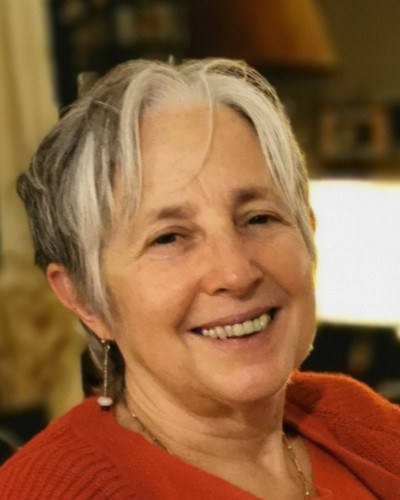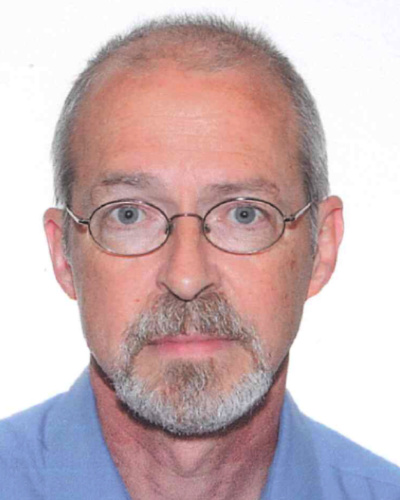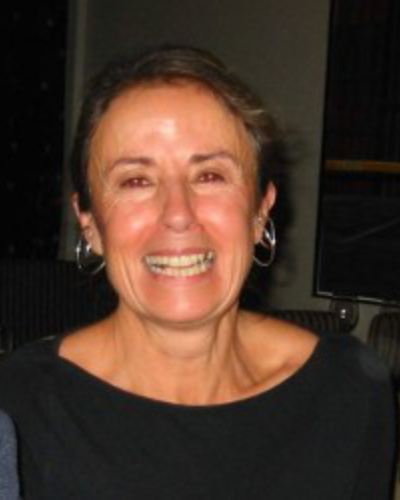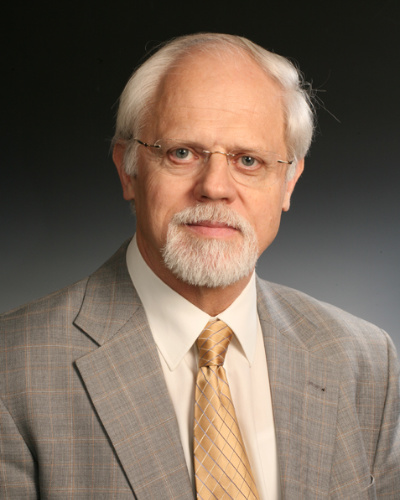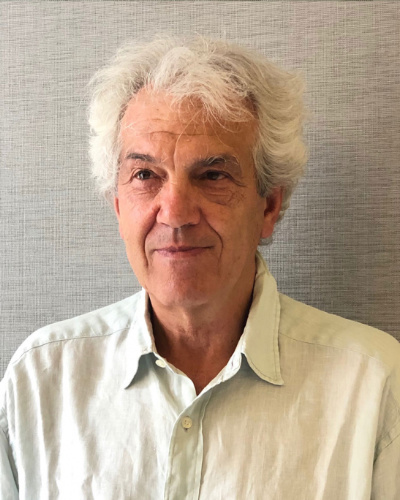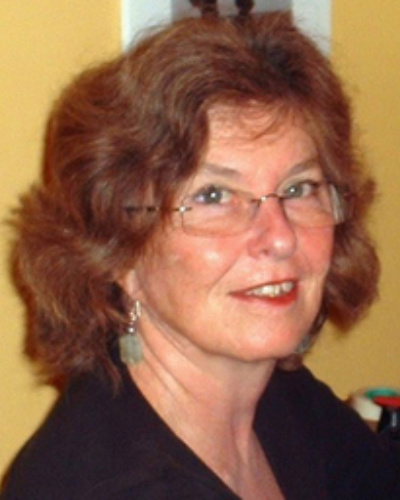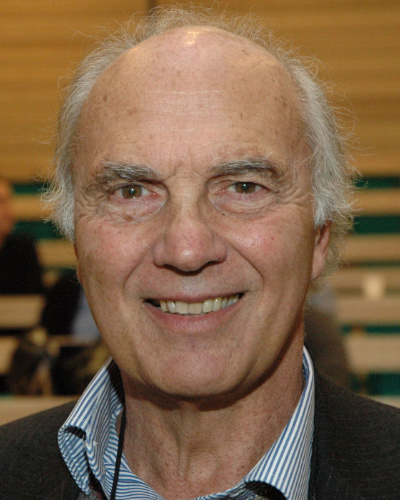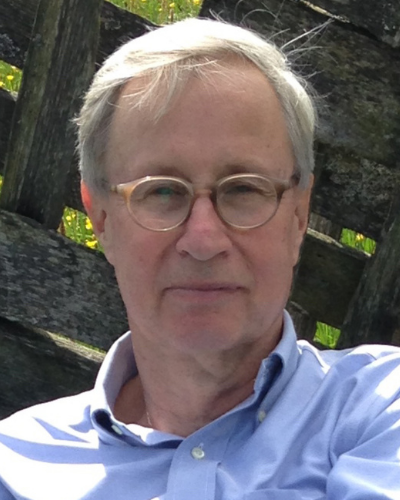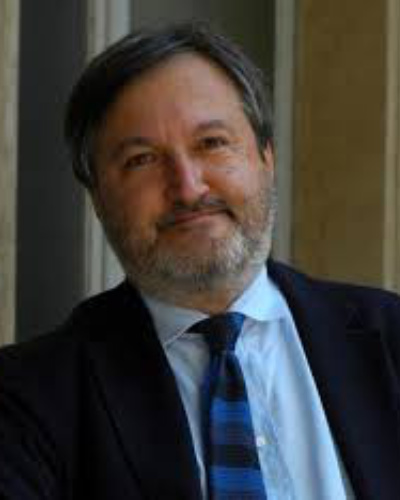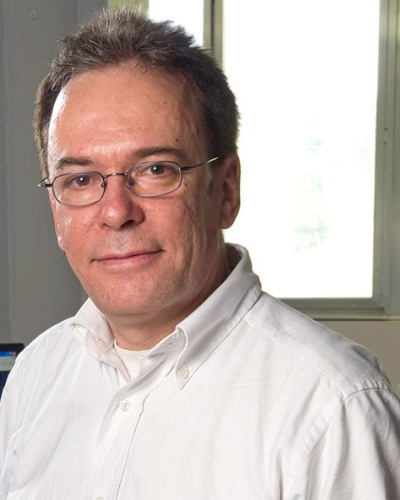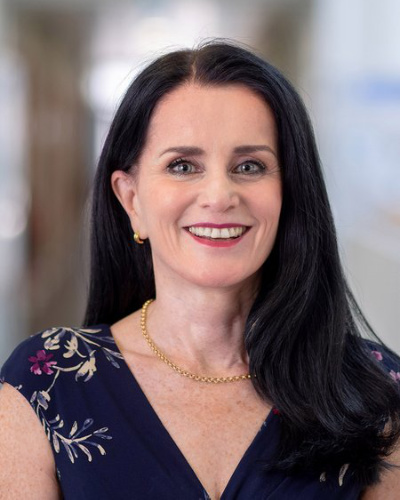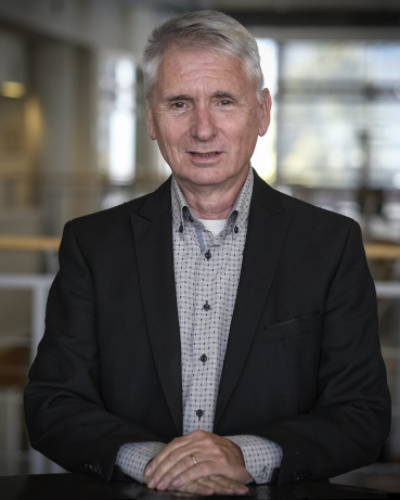The Committee for Higher Education and Training (CHET)
FENS aims to actively support continued higher education and training in neuroscience for European and international early career scientists.
CHET is responsible for the governance and implementation of training and education activities. The mission of CHET falls within the following areas:
- coordinating a programme of high-level neuroscience Schools
- supporting national level training courses within NENS
- sponsoring student exchange programmes within Europe, with international partner organisations
- expanding the reach and impact of neuroscience training through the Network of European Neuroscience Schools (NENS)
- investing in hands-on training in neuroscience through the support of the Cajal Training programme
- increasing the development of and member access to online training materials in neuroscience
The Chair of CHET is a member of and reports to the FENS Executive Committee and the Governing Council.
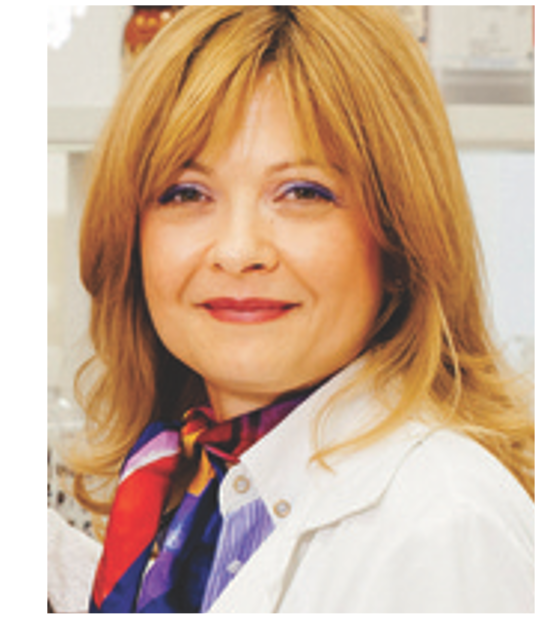
Ivanka D. Markovic, Serbia
Member
2024-2026
Dr Ivanka Markovic, MD, Ph.D., is a Professor of Medical and Clinical Biochemistry at the University of Belgrade School of Medicine, Serbia, where she has dedicated over three decades to advancing neuroscience research. Her primary focus lies in elucidating the molecular mechanisms of neurodegeneration, particularly the role of energy-modulating signalling pathways, mitochondrial dysfunction, and inflammation in cell damage associated with Parkinson’s disease. Her research achievements also include pioneering biomarker testing in cerebrospinal fluid (CSF) for neurodegenerative disorders in Serbia, with ongoing investigations into potential biomarkers in both blood and CSF. She is deeply committed to education, actively teaching undergraduate, Master’s (Bioethics), and PhD courses within the PhD Programs in Molecular Medicine and Neuroscience. Beyond academia, Dr Markovic serves as Secretary General of the Serbian Neuroscience Society (SNS) and holds an Executive Board position at the Serbian Brain Council (SBC). She played a pivotal role as Scientific Committee Member for FENS Regional Meetings 2015 and 2019 in organizing scientific events such as the FENS Regional Meetings and spearheading outreach initiatives funded by Erasmus Plus and the Fogarty International Centre. Her contributions extend to advocacy in neuroscience, workshops, Continuing Medical Education (CME) programs, and public engagement activities like Brain Awareness Week and Researcher’s Night.

Karen Doyle, Ireland
Member
2022-2026
Karen Doyle is Associate Professor in Physiology and Principal Investigator. Her research involves studying the causes of neurovascular stress and investigating novel strategies to protect brain tissue from damage due to stroke. Dr Doyle’s group is investigating the characteristics of human blood clots that cause occlusive strokes to inform medical device design and the discovery of novel biomarkers to advance stroke diagnosis and treatment. Dr Doyle is also investigating the pathophysiology of stroke in the brain and the effect of reperfusion strategy on the survival of brain tissue.
Dr Doyle is President of Neuroscience Ireland (2021 – present), is the founder and original director of Galway Neuroscience Centre (2004 – 2009), and was Vice Dean for Graduate Studies in the College of Medicine, Nursing & Health Sciences, NUI Galway (2011–2015). Dr Doyle is a previous recipient of the President’s Award for Teaching Excellence in NUI Galway (2015) and the winner of a National Teaching Experts Award (2015), National Forum for the Enhancement of Teaching and Learning in Higher Education (in Ireland).
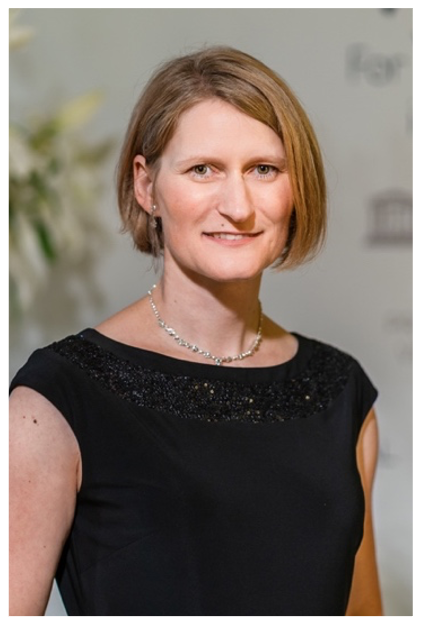
Michaela Fencková, Czech Republic
Member
2024-2026
Dr Michaela Fencková was introduced to neurobiology during her postdoctoral training in the laboratory of Annette Schenck, at Radboud University Medical Center in the Netherlands. She was hired on FP7-EU funded consortium GENCODYS to study genetic causes of neurodevelopmental disorders. When she learned that she can do it with Drosophila, the model with which she did her first experiments as an undergraduate, she found it a perfect match. She discovered that flies with genetic mutations equivalent to those found in individuals with intellectual disability (ID) frequently manifest with deficits in habituation, a conserved, fundamental form of learning that is at the base of high cognitive functions. When she focused on genes that were next to ID also associated with autism spectrum disorder (ASD), the frequency of habituation deficits was even higher – every second gene turned out to be important for habituation. Because habituation can be assessed in both flies and humans, and several studies showed defective habituation in ID and ASD individuals, she realized that it can be used as a translational readout. With this idea, Michaela has established a research laboratory at the University of South Bohemia where she studies the neuronal mechanisms of habituation to understand cognitive dysfunction in ID/ASD and identify treatment targets. She also investigates novel genetic causes of ID/ASD that include patient-specific missense variants and the effect of environmental factors on cognitive dysfunction in ID/ASD. In 2023, she received an EMBO Installation Grant and a national L’Oreal-UNESCO For Women in Science Award.
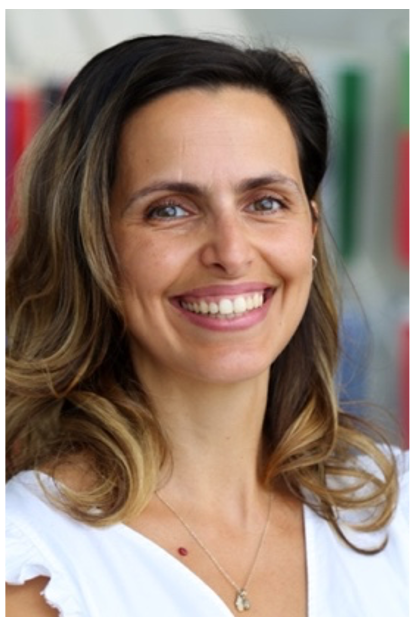
Ana João Rodrigues, Portugal
Member
2024-2026
Ana João Rodrigues is a Group leader at ICVS, and an invited Professor at the School of Medicine of University of Minho. Her team has been allying fundamental with clinical research, combining rodent and human data, using a variety of techniques to find mechanistic explanations on how reward and aversion are encoded in the mammalian brain. Additionally, her work explores how stress during critical developmental periods can leave long-lasting imprints on these neural processes, potentially resulting in maladaptive behaviours such as depression and addiction. Ana is actively involved in teaching, contributing to national and international graduate programs, including the prestigious Cajal Training Programme. She is also committed to science outreach, having coordinated numerous initiatives aimed at promoting science dissemination and health literacy among the general public for several years.
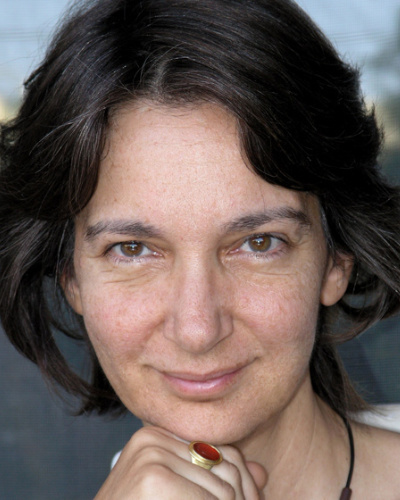
Domna Karagogeos, Greece
Member, IBRO-PERC Representative
2022 - Dec. 2025
Domna Karagogeos is a Professor of Molecular Biology-Developmental Neurobiology at the University of Crete Medical School (GR) and group leader at the Institute of Molecular Biology and Biotechnology (IMBB). She holds a PhD in Cell and Developmental Biology from Harvard University. Before establishing her own group in Crete, she has done postdoctoral research on axon guidance in the Center of Neurobiology and Behavior and Howard Hughes Medical Institute, Columbia University (US). Her research involves the elucidation of cellular and molecular
signals involved in neuronal migrations, especially in cortical interneurons and the interactions between axons and myelin, especially as it pertains to de- and remyelination and the role of glial cells. She uses mouse genetics, advanced imaging, primary cultures and functional assays. She has been involved in teaching developmental neurobiology in many national and international graduate programs. She has been a CHET member and past CHET chair and has participated in establishing training best practices for Neuroscience students in Europe.

Dirk Schubert, Netherlands
Chair
2022-2026
Dirk Schubert is an Assistant Professor and principal lecturer, leading his research group for “Cellular Neurophysiology” in the Cognitive Neuroscience Department at the RadboudUMC in Nijmegen (Netherlands) since 2013. After obtaining his PhD in Biology at the Heinrich Heine University of Düsseldorf (Germany), doing a postdoc at the C&O Voigt Institute for Brain Research in Düsseldorf and being a guest researcher at the University of Szeged (Hungary), he joined the RadboudUMC in 2006.
His current research group focuses on understanding neuronal network formation and maturation in health and disease (ASD, schizophrenia and epilepsy), with a particular focus on the neuronal circuitries maintaining excitatory/inhibitory balance in rodent ex vivo models as well as human IPSC derived neuronal networks (“human neurological disorders in a dish”).
As principal lecturer, he coordinates and teaches courses across faculties at the RadboudUMC (Medicine and Biomedical Science curriculum) and the Radboud University (Biology and Molecular Life Sciences curriculum) at bachelor’s and master’s levels. Besides being representative of the RadboudUMC Biomedical Science Master specialisation in Medical Neuroscience at NENS, he is strongly involved in various teaching management teams that shape the general bachelor and master curricula at the RadboudUMC.
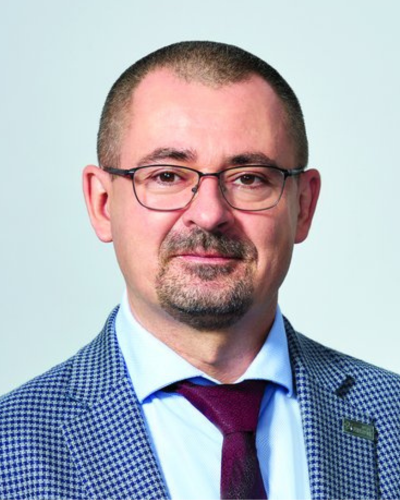
Daniel Wójcik, Poland
Member, IBRO-PERC Representative
2025-2027
Daniel Wójcik is a physicist by training. He worked on the interface of classical and quantum chaos and statistical physics. In 2003, after two postdocs in physics (University of Maryland, College Park and Georgia Institute of Technology), he moved to the Nencki Institute of Experimental Biology, Polish Academy of Science where he started work in neuroscience. He is currently a professor of neuroscience and the head of the Laboratory of Neuroinformatics at Nencki. He was the Head of the PhD Studies at the Nencki Institute for a decade and the first Chair of the Programme Board of the Warsaw PhD School in Natural and BioMedical Sciences. He is a member of the Pan-Europe Regional Committee of the International Brain Research Organization (IBRO-PERC) and a member of the FENS-CHET committee by nomination from IBRO-PERC. He was the Polish Representative at the International INCF Governing Board (2007-2015); the Governing Board Member and Treasurer of the Polish Society for Neuroscience (2011-2015); a Member of the Polish Academy of Sciences Neurobiology Committee (since 2011, Deputy Chair since 2020) and the Director of the Organization for Computational Neuroscience (2015-2017).
His main goal as a CHET member is to promote mathematics and computations as well as reproducible science as core topics of neuroscience education and liaison with IBRO-PERC.

